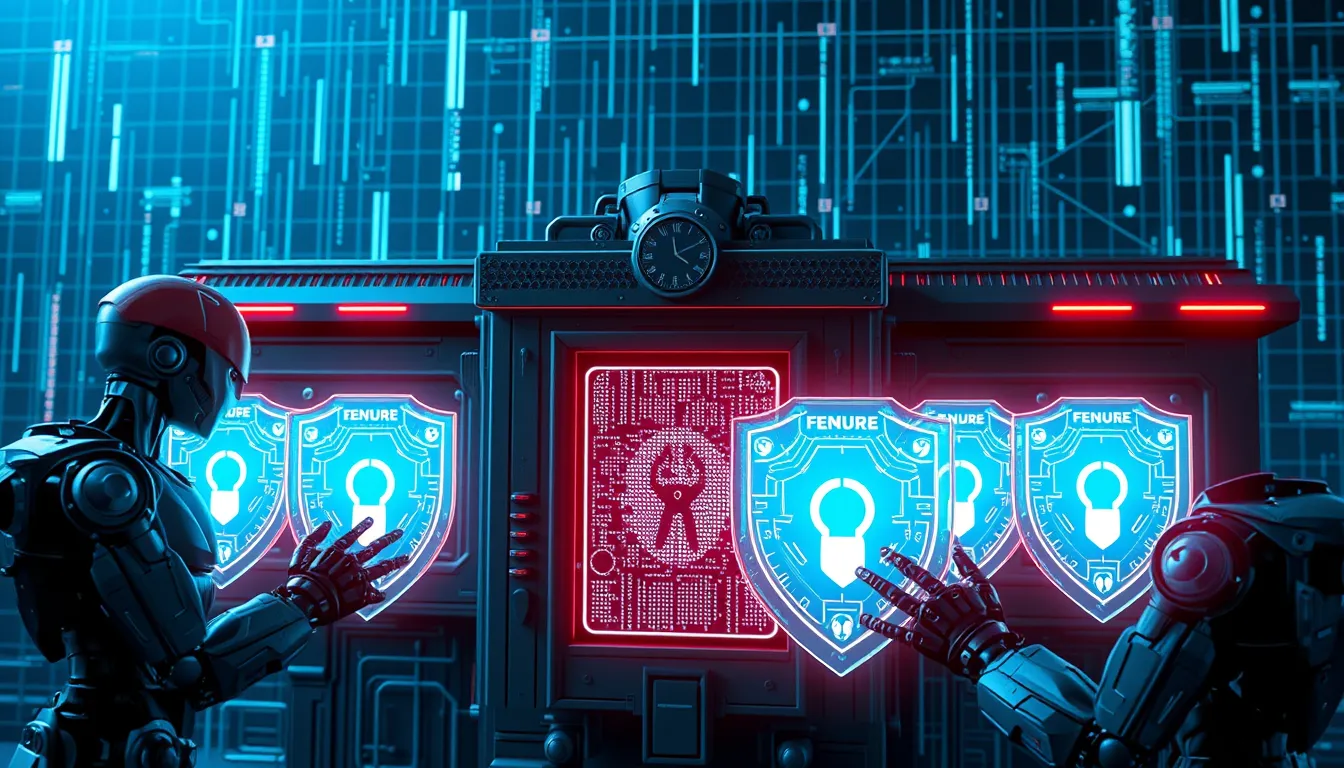Now Reading: Cloudflare AI Crawler: Protecting Website Content and Data
-
01
Cloudflare AI Crawler: Protecting Website Content and Data
Cloudflare AI Crawler: Protecting Website Content and Data

Cloudflare AI Crawler: Protecting Website Content and Data
Cloudflare, a leader in internet security and performance, has recently introduced an innovative policy that directly impacts how websites handle automated data scraping. As the digital landscape evolves—with increasing reliance on artificial intelligence techniques for data aggregation—this new move ensures that website content is protected from unauthorized access. In this article, we will explore how the Cloudflare AI crawler policy sets a new standard for digital security, discussing everything from its core features to its broader impact on data protection.
Introduction to the Cloudflare AI Crawler Policy
Cloudflare has long been known for its commitment to safeguarding online data. With the rise of automated content scraping and the growth of AI-driven analysis, a significant challenge has emerged for website owners: protecting intellectual property while embracing technological advancements. Thus, the company has now made it a default setting that its network blocks AI crawlers. This approach is summed up by the phrase “Cloudflare blocks AI crawlers by default.”
Under this policy, unless website administrators actively opt-in to allow AI-driven access, all automated processes resembling AI crawlers are disallowed. By blocking AI crawlers by default, Cloudflare ensures that only authorized agents can access and process web content, maintaining stronger security over intellectual property and sensitive data.
How Cloudflare AI Crawler Enhances Web Security
The primary motivation behind Cloudflare’s updated policy is to shield websites from the potential risks associated with automated data scraping. Consider the following benefits:
- Enhanced Data Privacy: Restricting AI crawlers reduces the risk of unauthorized harvesting of content, ensuring that publishers retain exclusive rights to their work.
- Intellectual Property Protection: By limiting data scraping, website owners can better safeguard proprietary information from being misused or replicated without consent.
- Improved Content Control: With access being granted only on an opt-in basis, administrators have increased control over who can access their valuable web content.
Cloudflare’s integrated security protocols analyze traffic patterns to differentiate between genuine user requests and automated AI crawling. This intelligent system minimizes false positives and ensures that only unidentified automated requests are blocked.
Understanding the Implications of Blocking AI Crawlers
The decision to block AI crawlers by default is critical, especially considering the current dynamics of the internet. With AI techniques becoming fundamental in driving innovation and content analysis, this move prompts several important considerations:
- Data Aggregation vs. Data Privacy: While AI plays a crucial role in data aggregation for improved user experiences, there is an increasing need to balance this benefit with the rights of content creators to control their intellectual property.
- Impact on Content Scraping: Cloudflare’s policy clearly indicates a proactive move to protect website content from unauthorized automated access. Businesses that rely on scraping might need to revise their strategies or work directly with content owners to gain access.
- Evolving Security Standards: By enforcing a default block on AI crawling, Cloudflare is setting a benchmark in cybersecurity. The trust and integrity of digital content are preserved while creating an environment where innovative AI solutions must adhere to ethical practices.
Ethical Considerations and Future Trends
The ethical dimensions surrounding the use of AI crawlers cannot be overstated. There are growing concerns about the misuse of scraping technologies, particularly in relation to intellectual property and data privacy. Cloudflare’s policy underlines the importance of informed consent when it comes to accessing website data. The responsible deployment of AI technology should always respect the rights of content owners.
As the conversation around AI ethics continues to evolve, other cybersecurity and content management companies are likely to follow Cloudflare’s lead. This movement could foster collaboration between regulators, tech innovators, and digital content creators, ensuring that technological progress does not compromise privacy or legal standards.
Adaptations for Businesses and Developers
Website administrators and developers have several options to adapt to this new environment:
- If access is required by trusted AI systems, they can manually opt-in.
- Adopt alternative data gathering strategies by negotiating directly with site owners.
- Ensure the implementation of transparent policies with visitors regarding data usage and protection.
These measures reflect a shift towards more ethical and controlled ways of handling web scraping, where both innovation and content rights are protected. For further information on Cloudflare’s policies, visit the official Cloudflare website at https://www.cloudflare.com.
Concluding Thoughts on the Cloudflare AI Crawler Policy
In conclusion, the implementation of the Cloudflare AI crawler policy marks a significant step in reinforcing website security across the board. By opting to “block AI crawlers” by default, Cloudflare not only positions itself as a guardian of data privacy but also sets an industry standard that may soon influence content crawling practices globally. It is an important reminder that while technological innovation should be embraced, it must be balanced with ethical standards and privacy considerations.
Cloudflare’s proactive approach in ensuring that only approved access is granted ultimately empowers website administrators to maintain control over their intellectual property. This strategy not only protects content but also encourages transparency and ethical practices in the deployment of AI. As this policy evolves, we anticipate broader industry adoption of similar guidelines aimed at securing digital assets in an era defined by rapid AI growth.
The future of content security, as demonstrated by Cloudflare’s stance, lies in fostering a safe and balanced online ecosystem—one where technological advancement coexists seamlessly with rigorous standards of trust, security, and ethical data use.

























